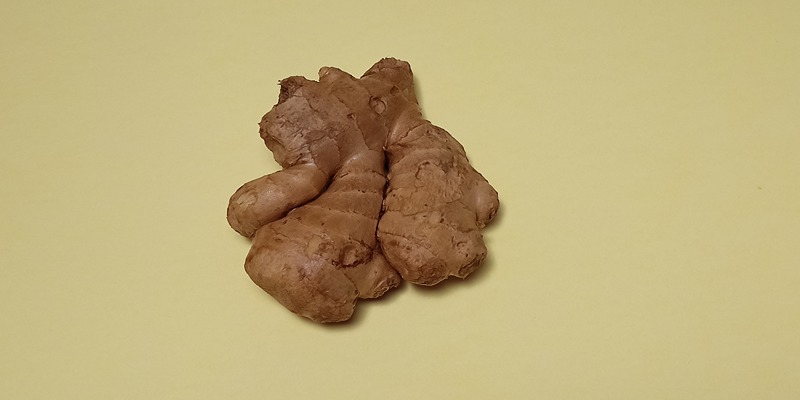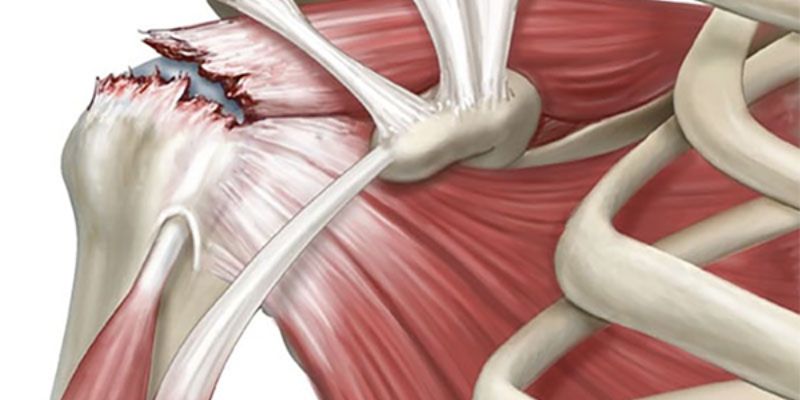Elevating Metabolism Naturally: Top Effective Boosters
Dec 03, 2023 By Madison Evans
Essential bodily functions, including energy generation and nutrition utilisation, are powered by the metabolic rate, sometimes called metabolism. When it comes to being well and happy, it's crucial. Many things depend on a healthy metabolic rate, but one of the most important is controlling one's weight. Keeping to a healthy weight and warding off excess fat is simpler with a metabolism that burns calories effectively.
Moreover, metabolic rate affects vitality and energy levels. In order to maintain an active and satisfying lifestyle, it is necessary to have a metabolic rate that can give the energy required for both everyday tasks and physical activity. Metabolism also affects the body's nutrition processing abilities, which are critical for the efficient absorption of vitamins, minerals, and other nutrients for different body functions.

Understanding Metabolism and Its Functions
Basics of Metabolic Processes
In order for the body to maintain life, a complicated network of biochemical reactions known as metabolism takes place. Two basic metabolic processes, anabolism and catabolism, make up the metabolic machinery. The process of anabolism entails constructing and synthesising molecules that are essential for development, restoration, and energy preservation. It includes activities like making lipids and proteins, replicating DNA, and creating complex carbs.
Catabolism, on the other hand, is the process by which molecules are broken down in order to release energy that the body may employ for other processes. An essential part of catabolism is the reduction of macromolecules like glucose, lipids, and amino acids from macromolecules like carbs, lipids, and proteins. Adenosine triphosphate (ATP), the principal energy currency of the organism, may be produced by additional processing of these smaller molecules.
Factors Affecting Metabolic Rate
How fast the body completes these metabolic processes, or metabolic rate, differs from one individual to the next and is affected by a variety of variables. Basal metabolic rate (BMR) is an important factor as it shows how much energy the body uses while at rest to keep vital processes running smoothly, such as breathing, blood circulation, and temperature regulation.
Hereditary factors, chronological age, physical make-up, and hormonal equilibrium are all known to influence metabolic rate. A person's muscular mass is crucial because, even while at rest, lean muscle tissue burns more calories than fat. Metabolic rate is also affected by hormones, including productive hormones and thyroid hormones. A healthy metabolic rate may be maintained via changes in lifestyle variables such as food and exercise.
Natural Metabolism Boosters: Foods and Nutrients
Metabolism-Enhancing Foods
In your pursuit of a better metabolic rate, meals that promote metabolism may be strong partners. Chicken, turkey, fish, and plant-based alternatives like beans and tofu are examples of lean protein sources. Digesting these foods uses more energy, which adds to the thermic effect of food (TEF). Your metabolism might get a short boost from this increase in calorie expenditure. Capsaicin, found in hot peppers like cayenne and chilli, increases core body temperature and promotes fat burning, leading to an even more effective metabolism. Caffeine and catechins in green tea are responsible for its metabolic-boosting and fat-burning effects. Eat more healthy grains, such as oats and brown rice, to keep blood sugar levels steady, which in turn keeps energy dips at bay and keeps metabolism running smoothly.
Essential Vitamins and Minerals for Metabolism
Micronutrients, including vitamins and minerals, ensure that your metabolism runs smoothly by acting as coenzymes in different metabolic processes. When it comes to making energy and breaking down carbs, fats, and proteins, the B vitamins—B1, B2, B3, B5, B6, B7, B9, and B12—are crucial. The breakdown of glucose and energy metabolism are two areas where magnesium plays an important role in over 300 enzyme activities. Iron is vital for the delivery of oxygen in the blood, which is necessary for the creation of energy by cells. Chromium has a role in controlling blood sugar levels, which in turn affects hunger and the way energy is used up. To help your metabolism and general health, try eating more meals that are high in these nutrients.

Herbal Supplements for Enhancing Metabolic Rate
Popular Herbal Metabolism Boosters
Those looking for natural ways to speed up their metabolism have a lot of possibilities in the realm of herbal supplements. Among the several catechins found in green tea extract, EGCG stands out as one that may boost fat oxidation and calorie burning. One natural stimulant that may momentarily increase metabolic rate via the promotion of thermogenesis is caffeine, which is present in both coffee and tea. There are several kinds of ginseng, but the ones that have acquired popularity for their ability to boost energy metabolism, performance, and endurance include Korean and American ginseng, among others. Capsaicin, found in cayenne pepper, is known to increase core body temperature, which in turn increases metabolic rate and promotes fat loss. Also, when you're feeling tired or stressed, the adaptogenic herb Rhodiola Rosea may help your metabolism.
Safe Use of Herbal Supplements
Herbal supplements provide potential benefits, but it is important to utilise them safely. Anyone with preexisting health concerns or who is already on medicine should talk to their doctor before beginning a new herbal supplement programme. To avoid overdosing and any adverse effects, it is crucial to follow the dose instructions on the supplement label or those provided by a healthcare professional. Always consult with your doctor before taking any new supplement, and be aware that some of them may interact negatively with other drugs. If you use herbal supplements and notice any negative side effects, it's important to stop using them and see a doctor. Finally, to make sure the herbal supplements you take are pure and effective, pick well-known brands and high-quality items.
Lifestyle Changes to Improve Metabolism
Exercise and Physical Activity's Role
The key to a healthy metabolism is regular exercise and other forms of physical activity. One of the factors that contributes to a greater metabolic rate is physical activity, which increases the amount of calories expended. Jogging, swimming, and cycling are aerobic workouts; weightlifting and resistance training are strength training activities that may increase metabolism. Gaining lean muscle via strength training may have a long-lasting effect on metabolic rate since muscle tissue takes more energy to sustain than fat tissue. Furthermore, the body keeps burning calories at a higher rate long after the activity is over, a phenomenon known as the afterburn effect or excess post-exercise oxygen consumption (EPOC). A healthy metabolism may be supported by a workout regimen that includes both aerobic and strength training activities.
Importance of Sleep and Stress Management
A healthy metabolism depends on two frequently-overlooked factors: getting enough sleep and managing stress well. Hormones control hunger and metabolism, and when people don't get enough sleep, those processes may become dysfunctional, resulting in weight gain. Get between seven and nine hours of sleep nightly to keep your metabolism in good shape. Increased fat accumulation and insulin resistance are two metabolic side effects that may result from the stress hormones released into the bloodstream when people are under chronic stress. These side effects may be lessened by engaging in stress-reduction practises like yoga, deep breathing, meditation, or just spending time in nature. A healthy metabolism and general well-being may flourish in an atmosphere that supports enough sleep and effective stress management.
Conclusion
Improving your health in general is possible with the help of natural metabolism boosters. A healthy metabolism is the result of a combination of factors, including a diet rich in foods that speed up the process, the use of herbal supplements, and regular physical activity. In order to achieve optimal metabolic health, it is necessary to prioritise sleep and stress management. Cultivating a healthy metabolism adds to a healthier and more active existence. Adopt these practices and consult with healthcare specialists as required.








